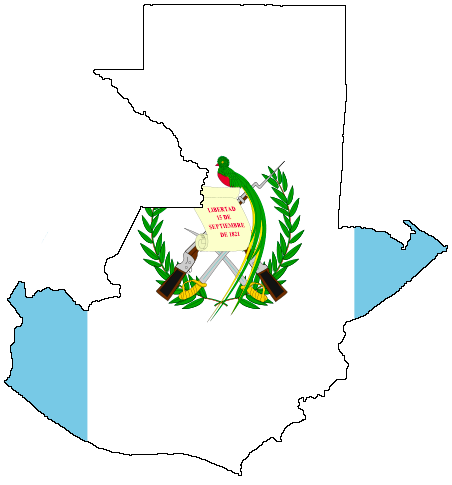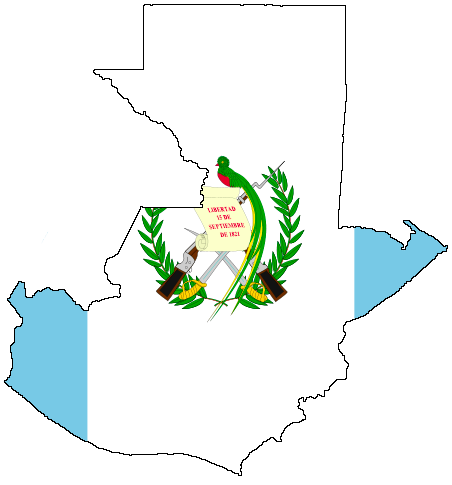Gender and Ethnicity — an education in intersectionality
Jan 21, 2015
Story


I’ve consistently heard that immigrant families value education above all else. Often times our parents have left behind their countries, their homes and memories, to give their children greater opportunities. Yet, I grew up in a city with a large percentage of Latin American immigrants and I have to say, while the majority of the top 5% of my high school graduating class was comprised of Latinos, there were a greater number of Latino students who were struggling academically, who had given up on going to college, or expecting to go straight to work after graduation.
I was fortunate. I saw my family’s financial situation, I listened to my parents assuring me I needed to go to college, and realized that to get there I would have to find a way to pay for it on my own. This is an incredibly stressful situation, and one which many people don’t have to face. People fortunate enough to be born into families where higher education is also an expectation, but where family members have the knowledge and time to aid them in their search for the right school, through the application process, and financial aid or scholarship applications, don’t have to deal with this degree of stress. Again, I was lucky enough to have stumbled onto the perfect university for me, and that I had the time to dedicate to this search. Other people in my community can’t say the same. Some have to work after school. Some quit school to help pay bills. Some take care of sick or elderly family members. Some find it hard to continue an education after becoming pregnant.
I’ve seen the problems that my community faces, and they can be broken down into four areas: lack of resources, lack of expectations, lack of encouragement and lack of confidence. Many students know their family’s financial situation and assume this means they will be unable to afford school, not knowing that many universities have solid financial aid programs to attract low-income but talented students. Their friends might all be expecting to work right after their high school graduation, and the guidance counselors might not expect them to apply, much less be admitted into, top-tier schools. Their parents, teachers and guidance counselors may talk up community colleges and state schools, even when a student could get into more competitive schools, or dissuade students from taking more academically rigorous courses. Now, realize that when I write “maybe, might, may” what I really mean is that they do — these are all things I’ve witnessed growing up, and they are still happening in my community.
This is not to mention the amount of sexual assault and violence our women endure. Many of our families have long histories of violence against women. Our mothers, sisters, aunts, grandmothers, and beyond have been beaten, lied to, cheated on, abandoned, manipulated, silenced. This degree of physical and emotional abuse leaves deep scars on our collective psyche. I’ve seen too many young women turn to their partner in search of the love they never had a good model for at home, hoping their lives will be different from that of their family members. Sometimes, they find what they are looking for. Sometimes, however, the tradition of degenerating women continues, stunning our potential growth and limiting our power.
I am proud of where I’ve ended up, and the path I am on. However, the fact that I could make it past all of these obstacles does not take away from their severity. Cases like mine should not be held up in front of communities like mine to shame them, asking “Why can’t you be more like her?” Instead, we should be asking, “Why are there so few able to make it out? What is wrong with a system where access to opportunities is the exception, and not the rule?”
I have found the strongest motivators for successful members of my community are a desire to not only help oneself, but our entire family. We want to be able to support our families. We want to uplift our mothers, value and thank them for this love and support and endurance. We want to aid our sisters, our cousins, our aunts, in their difficult moments. We want to inspire our nieces and nephews and sons and daughters, showing them what is possible. The love and inspiration that emanates from our own community, by our own community members, has set us on a path, long and uncharted as it may be, towards prosperity and fulfillment. Our own community leaders are taking the initiative to return to our communities and speak to students, to friends and younger family members about the possibilities available if only we support each other. I lovingly take part in this movement.




